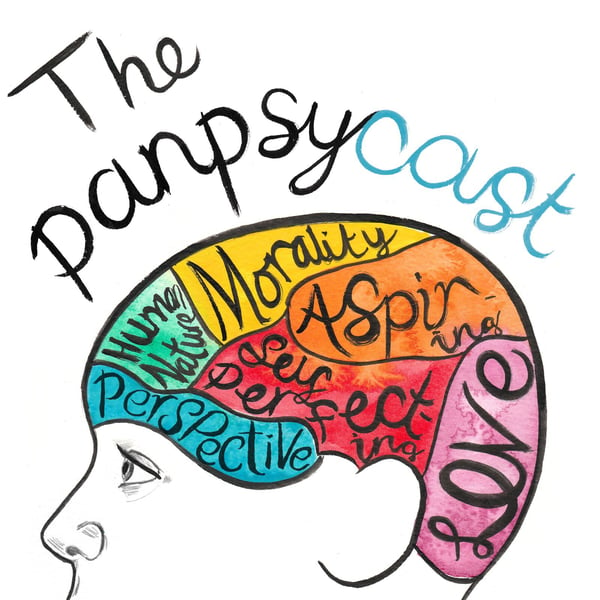Episode 43, The Galen Strawson Interview (Part II)
The Panpsycast Philosophy Podcast
Jack Symes | Andrew Horton, Oliver Marley, and Rose de Castellane
4.8 • 604 Ratings
🗓️ 12 August 2018
⏱️ 34 minutes
🧾️ Download transcript
Summary
Galen Strawson is Professor of Philosophy at the University of Texas at Austin. Amongst countless papers in metaphysics and philosophy of mind, Galen is the author of Freedom and Belief, The Subject of Experience, Consciousness and Its Place in Nature and most recently, Things That Bother Me: Death, Freedom, the Self, Etc.
The widespread impact of these works cannot be understated. In the words of Stephen Fry:
Galen Strawson has a marvellous gift for untangling even the most complex lines in philosophical thinking and laying them straight. He writes with humour, clarity and always from a recognizably human place. Even the most complex and controversial areas in modern philosophy come into the light when you are in his benign company…. He opens windows and finds light-switches like no other philosopher writing today.
Transcript
Click on a timestamp to play from that location
| 0:00.0 | Part 2. Further analysis and discussion. So, Gellin, in your book, you briefly mention your studies of religion, a good example being |
| 0:21.9 | in the 60s of how you were keen on making what you call spiritual progress. |
| 0:25.8 | In the religious sense, do you think you have made spiritual progress throughout your life? |
| 0:29.8 | I would want to separate the notion of spiritual progress from the word religious, but having |
| 0:35.5 | said that, Tom Nagel wrote a really good paper called |
| 0:40.4 | secular philosophy and the religious temperament and he tried to, and he found a definition |
| 0:45.9 | of religious, which I think is very good. What he says is, the fundamental question you're asking yourself, if you're spiritually concerned, |
| 0:57.6 | is how can one bring one's individual life, no, how can one bring into one's individual |
| 1:03.4 | life a recognition of one's relation to the universe as a whole, whatever that relation is? |
| 1:10.1 | And actually, this, I've since found this thought in many people, almost exactly the same. |
| 1:17.6 | So have I made spiritual progress by that definition? |
| 1:21.6 | I don't know. I think something's got a little bit better. |
| 1:24.6 | But it's not religious in any sense that involves any dogmatic belief. |
| 1:33.0 | So in your book you mentioned that you had a non-religious upbringing. What do you think are the, and you said in the |
| 1:38.8 | introduction that you're an atheist, what are do you think the strongest arguments for non-belief? |
| 1:44.4 | Well, I'm an atheist. What I'd say is I may not be an atheist with respect to Spinoza's God, |
| 1:49.1 | but as you probably know, Spinoza's God is just nature, just the universe. |
| 1:55.1 | And so I believe that exists. |
| 1:57.2 | So you might be a, could you clash yourself as a pantheist or something like this? Yes, there's some complicated distinct between pantheism and pan-entheism, which I'm not clear about, so I'm not sure. |
| 2:08.6 | But I am, yes, I'm an atheist with respect to what you could call the ooh god, where ooh stands for omnipotent, omniscient and omnipotent. |
| 2:20.9 | And the reason for that is the problem of evil. |
| 2:24.0 | So that's a very familiar reason for not only not believing in such a god, |
... |
Please login to see the full transcript.
Disclaimer: The podcast and artwork embedded on this page are from Jack Symes | Andrew Horton, Oliver Marley, and Rose de Castellane, and are the property of its owner and not affiliated with or endorsed by Tapesearch.
Generated transcripts are the property of Jack Symes | Andrew Horton, Oliver Marley, and Rose de Castellane and are distributed freely under the Fair Use doctrine. Transcripts generated by Tapesearch are not guaranteed to be accurate.
Copyright © Tapesearch 2025.

